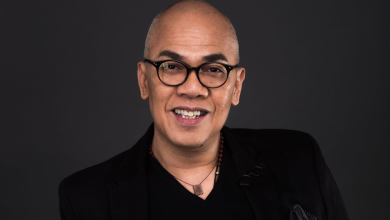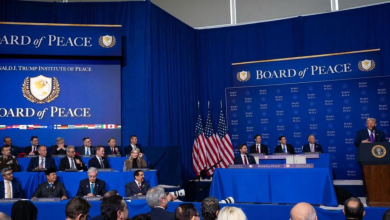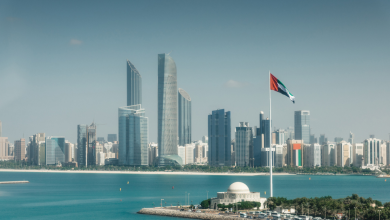The third edition of “The Filipino Times Watchlist: Top Engineers and Architects in the Middle East Summit 2025,” held on February 14, 2025, at the Radisson Blu Hotel in Dubai Deira Creek, focused on three key themes: AI and tech innovation, cultural preservation, and sustainability.
During its last session, titled “The Role of Filipino Engineers and Architects in Driving Sustainable Development Across the Middle East,” a fireside chat featuring all-Filipino speakers prompted panelists to share which themes resonated most with them and their key takeaways. This “reactor summary session” specifically examined the Summit’s topics from a Filipino perspective, as its core purpose is to benefit Filipino professionals, particularly those in the Middle East.
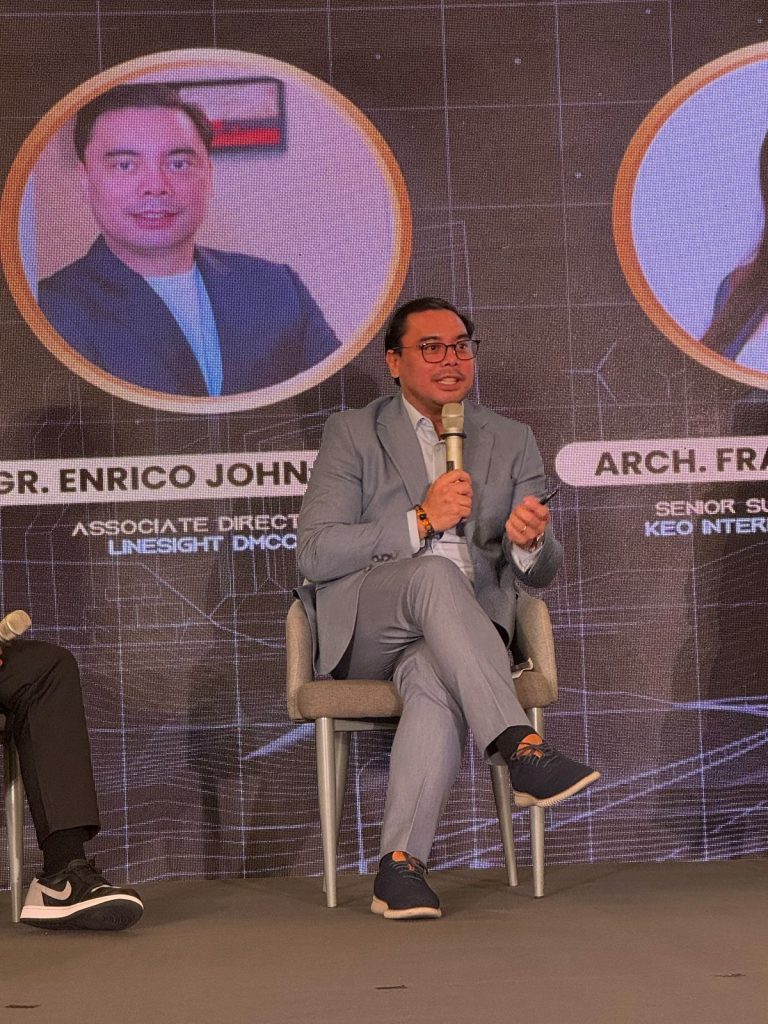
For Engr. Enrico John Chavez, Associate Director at Linesight DMCC, all the themes discussed are timely and relevant, making each of them equally important to him.
“From my point of view, everything is timely and relevant… For those of you who are working on sustainability initiatives and those who are active in the construction industry in Dubai, particularly Estidama, deals with sustainability as well as the cultural aspect of the country,” he said, noting that it’s just a matter of time before AI is embedded into these.
“We have to catch up. We need to develop ourselves in a more competent manner. Yes, and I suppose data-driven results are leading towards decision-making.”
Panel moderator Dr. Karen Remo, Founder & CEO of the New Perspective Media Group, Publisher of The Filipino Times, agreed.
“That’s good to know; we’re basically structuring the points here. Of course, we have people, planet, purpose, and profit. Additionally, we’ll address AI and cultural preservation. It looks like we’re going to cover all the necessary topics at the summit, as these are all important and needed holistically,” Dr. Remo emphasized.
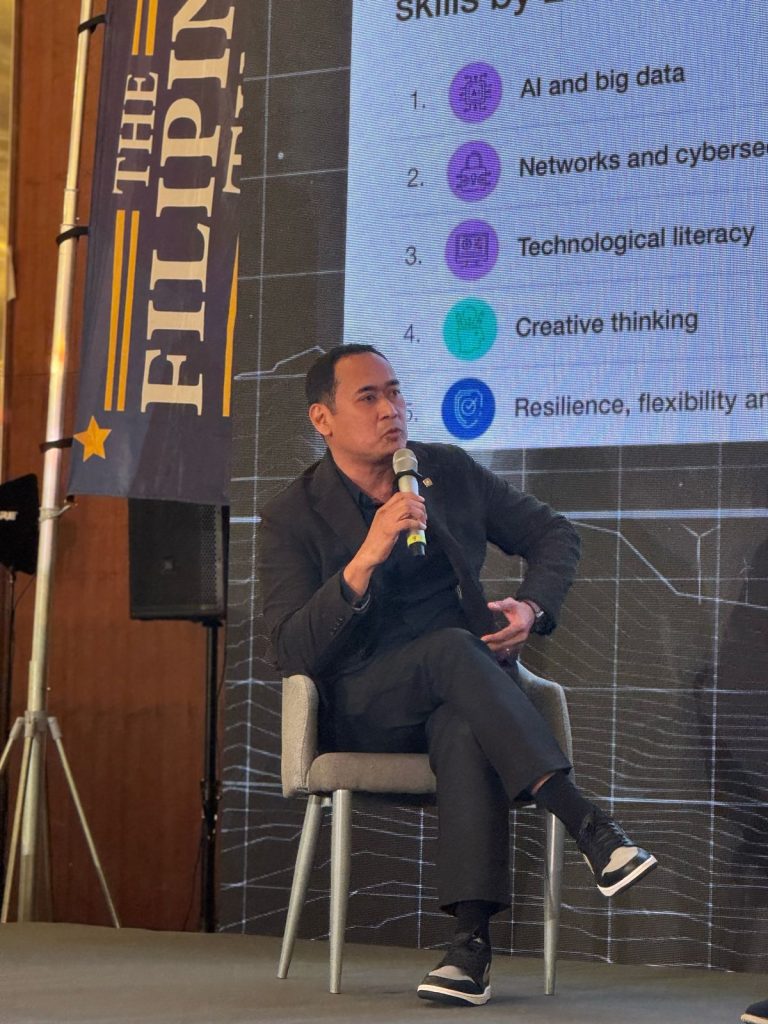
For his part, Engr. Marlon Hipolito, Project Manager at Watermaster Technical Services Co., highlighted that one of the goals of Estidama is to address the needs of the community, reducing the necessity for people to go elsewhere.
“Whatever the needs of the people, we are bringing them to the community. I think AI can be a big help because, as we all know, AI can gather vast amounts of data. We can use this data for urban planning, such as traffic management and assessing risks like floods or traffic congestion. AI can help gather all this information and then use it for proactive planning,” Engr. Hipolito explained.
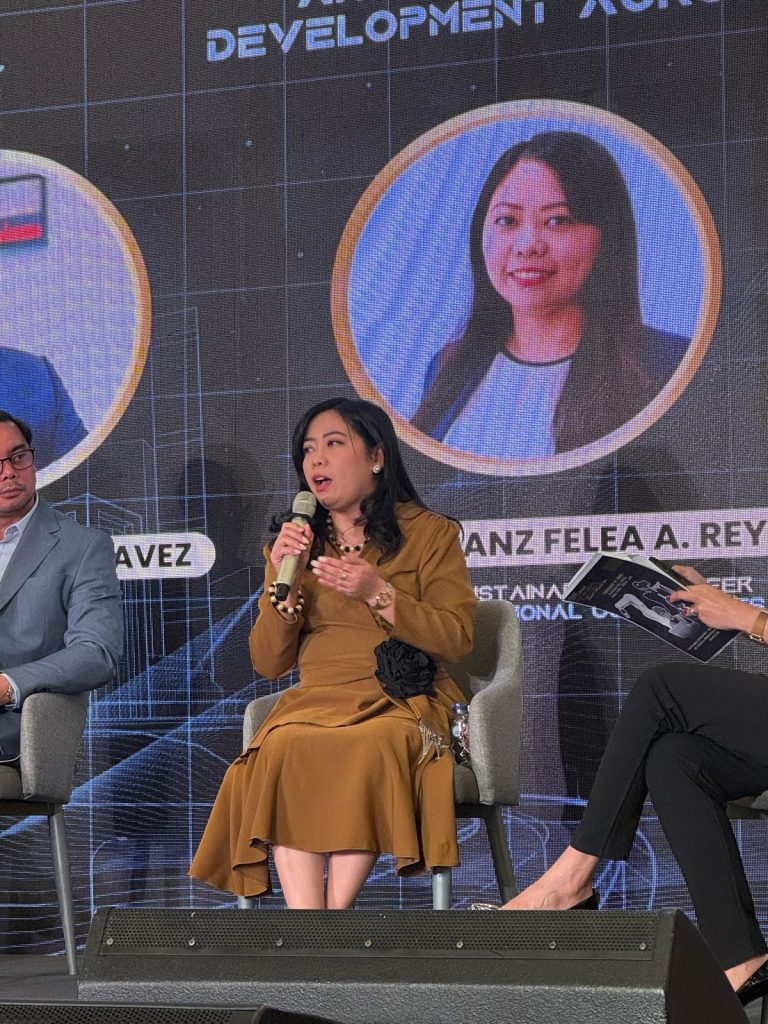
“I’m from Qatar. In Qatar, we have QSAS, which includes a culture and preservation credit. Cultural preservation is important to us because it gives soul and meaning to the buildings we design, along with sustainability. These three elements are very important; they are the foundation of how we design sustainable cities,” said Arch. Franz Felea Reyes, Senior Sustainability Engineer with KEO, adding that it’s very important for them as engineers and architects to use AI, culture, and sustainability to integrate all of these values and help the community.
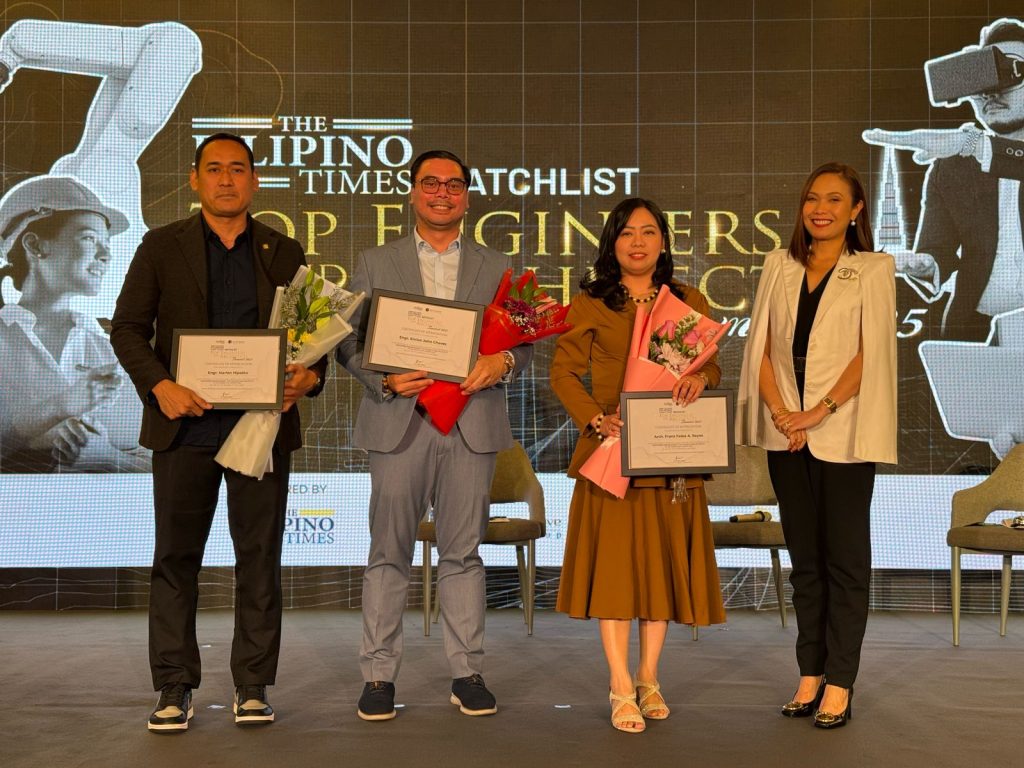
Get the latest news instantly on your phone — join the Filipino Times WhatsApp channel now!
“We truly have to integrate all three of these themes, whether you’re an engineer or an architect, because they all address the specific requirements of the evolving community we have here,” Dr. Remo concurred.
Concluding the discussion, she enumerated the 10 fastest-growing skills by 2030 according to The World Economic Forum’s Future of Jobs Report 2025 — AI and big data, networks and cybersecurity, technological literacy, creative thinking, resilience and agility, curiosity and lifelong learning, leadership, talent management, analytical thinking, and environmental stewardship — and asked the speakers where they think Filipinos are lacking and where they are strong.
For Engr. Hipolito, Filipinos are creative thinkers but really need to improve on leadership and social influence.
“We have a lot of ideas, sometimes crazy ideas, but we are afraid to show them or to bring them up. Maybe we are thinking, ‘What if this doesn’t succeed? What if we fail?’ So we don’t want to take those responsibilities.”
“We, Filipinos, are resilient. I think most of the people here will agree with me na kahit saan ka pumunta, may OFW, kahit saang lugar,” Arch. Reyes said, noting that, for her, it is in AI and big data, as well as environmental stewardship, where Filipinos fall short.
“I think Filipinos, while we’re now focusing on AI and technology, are still quite behind some countries. There are people who are afraid of new things; they tend to step back and aren’t quite sure. But nowadays, since AI is so significant, I think Filipinos should exert more effort to understand the trends so that we won’t be left behind by other countries.”
Resilience and agility are also the number one strengths of Filipinos, Chavez believes. In terms of weaknesses, he noted that it lies in leadership and social influence, as well as talent management.
“As Filipinos, we are able to actually deliver. We have to look at our future in terms of how we can be more resilient and how we can manage the talents we have at the moment. That talent pool is something we need to develop further,” he said.

